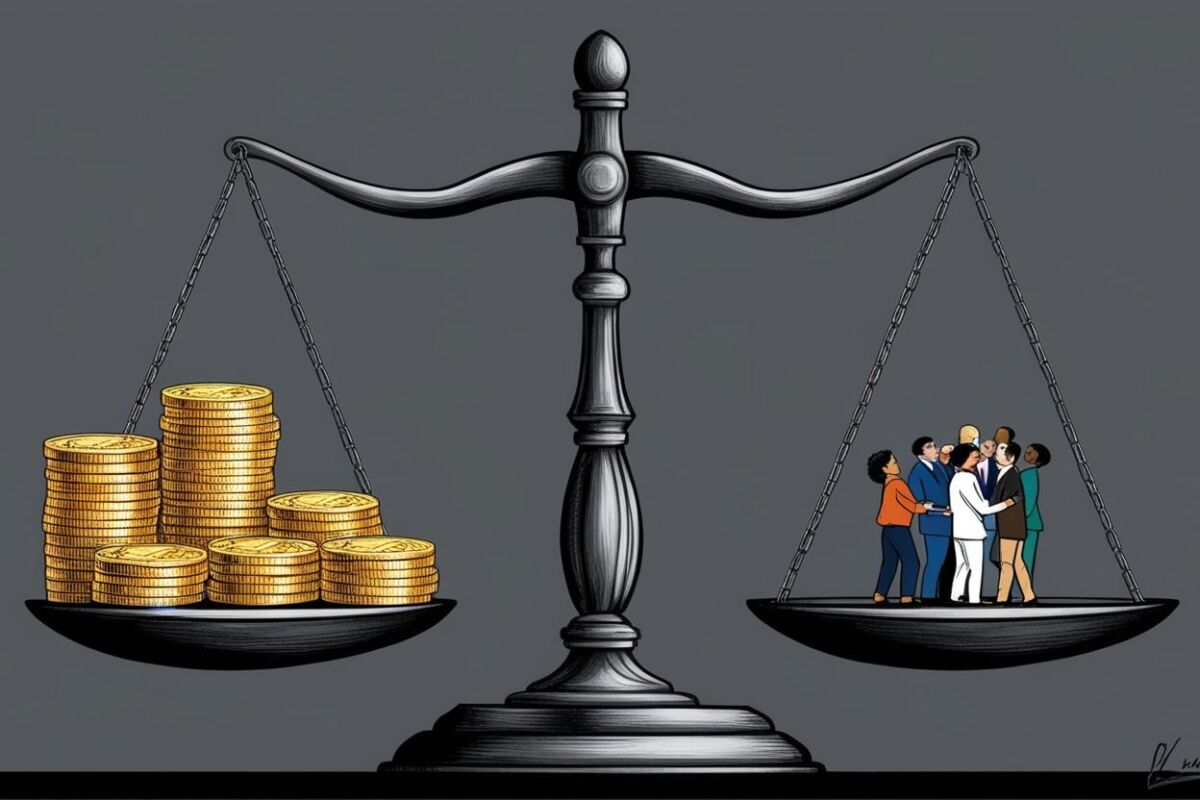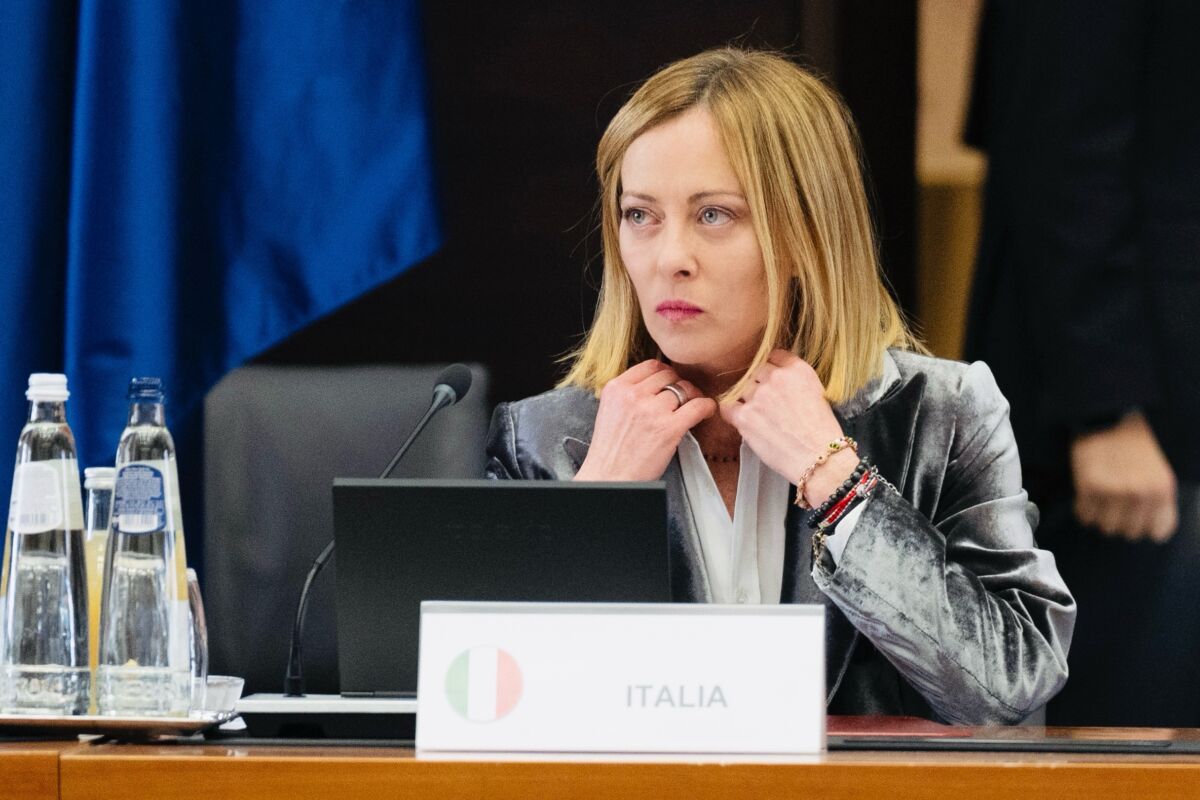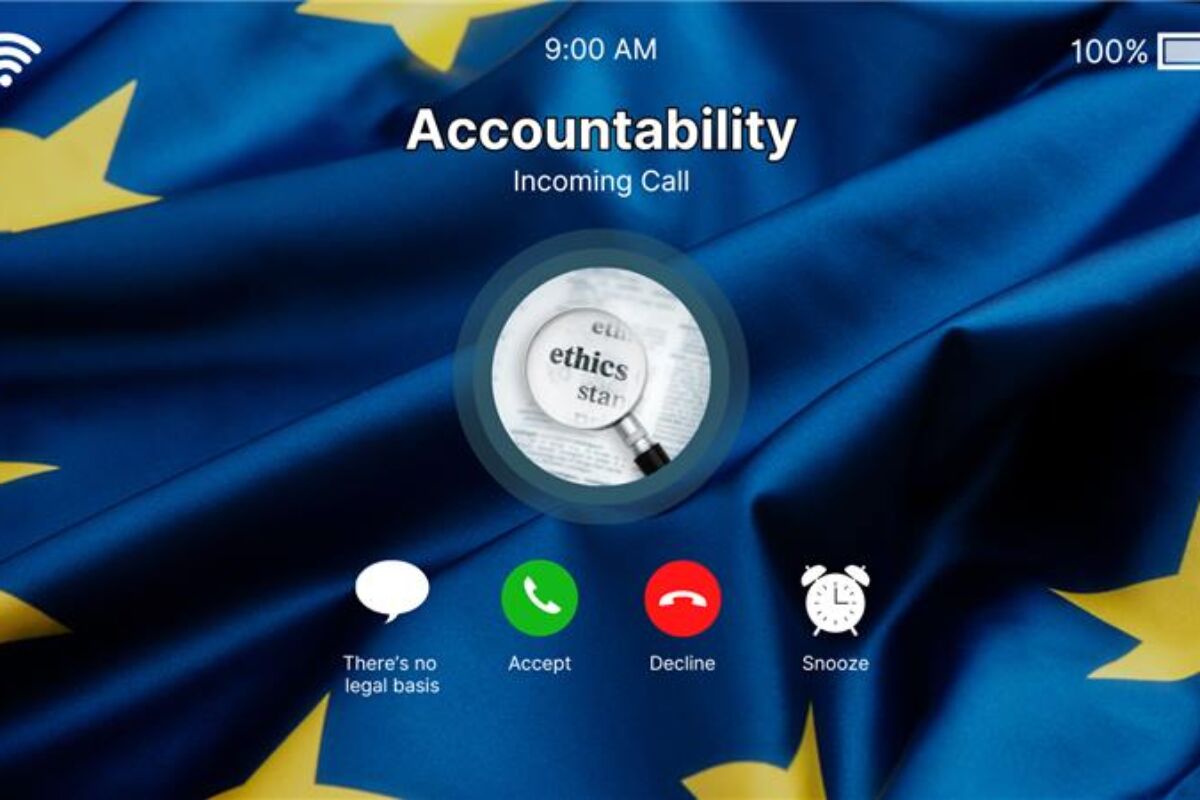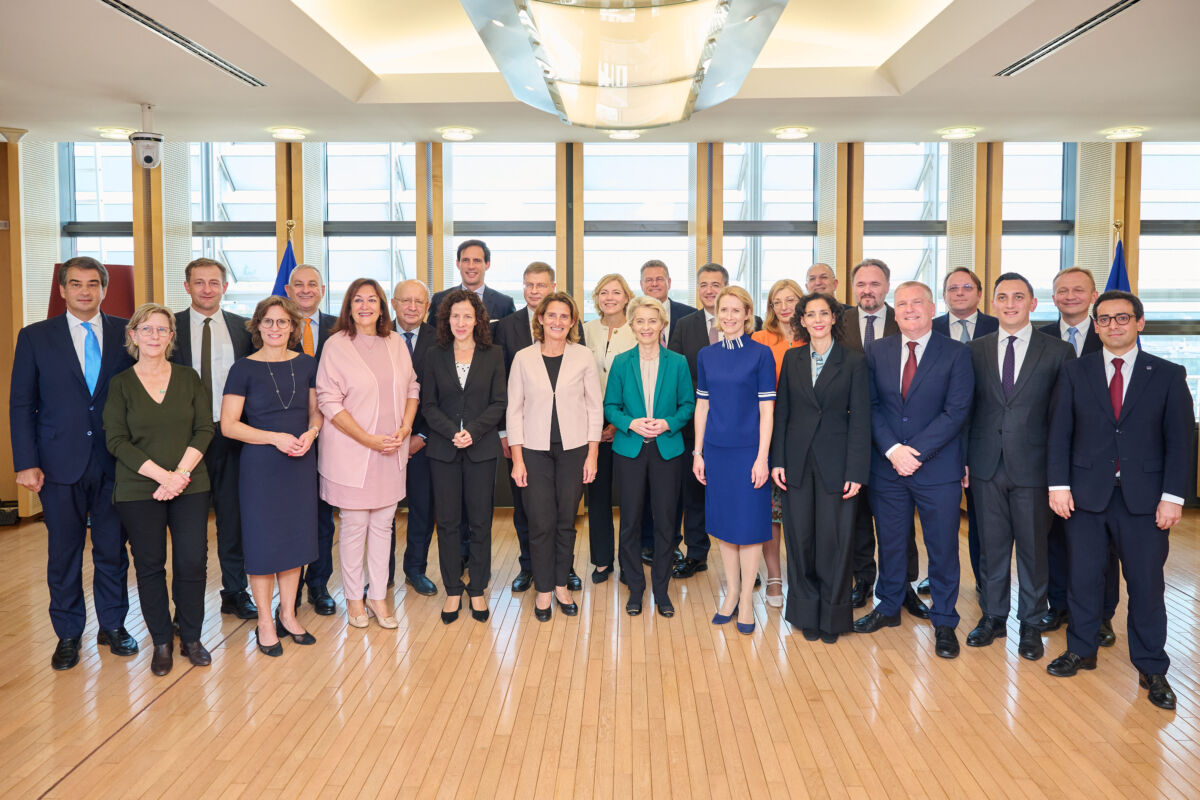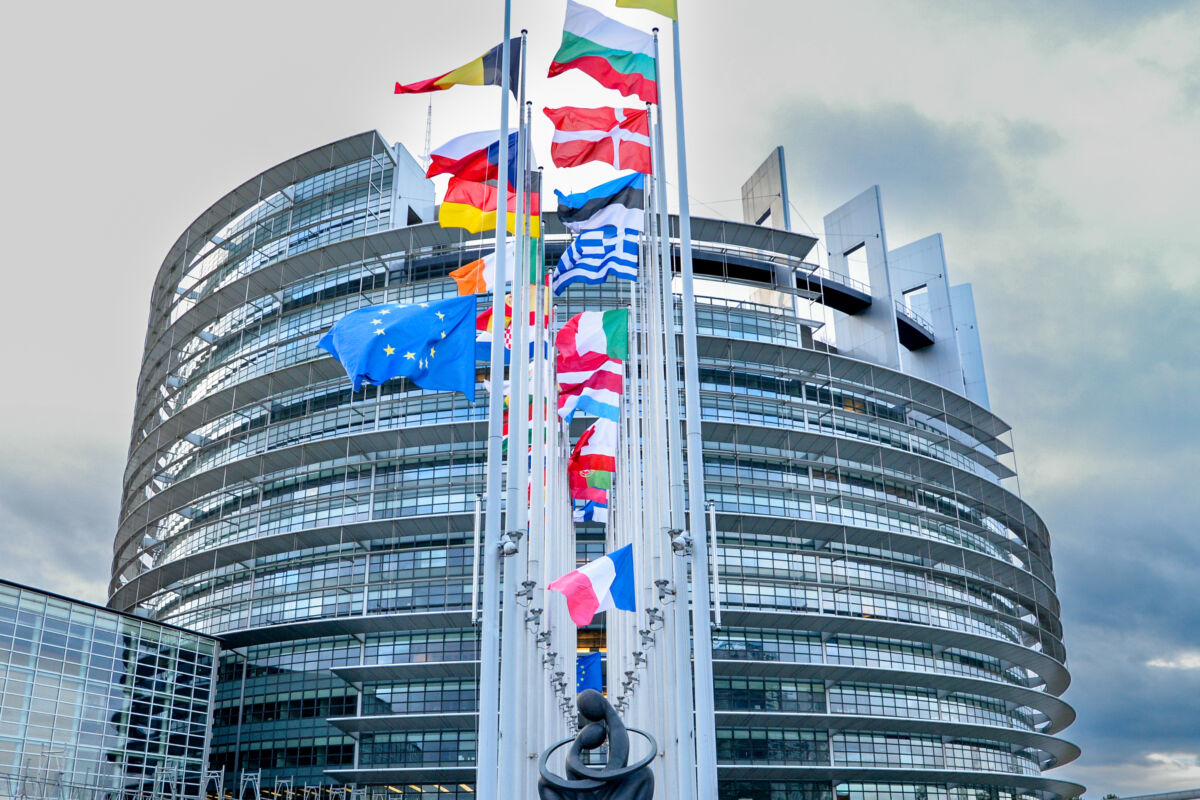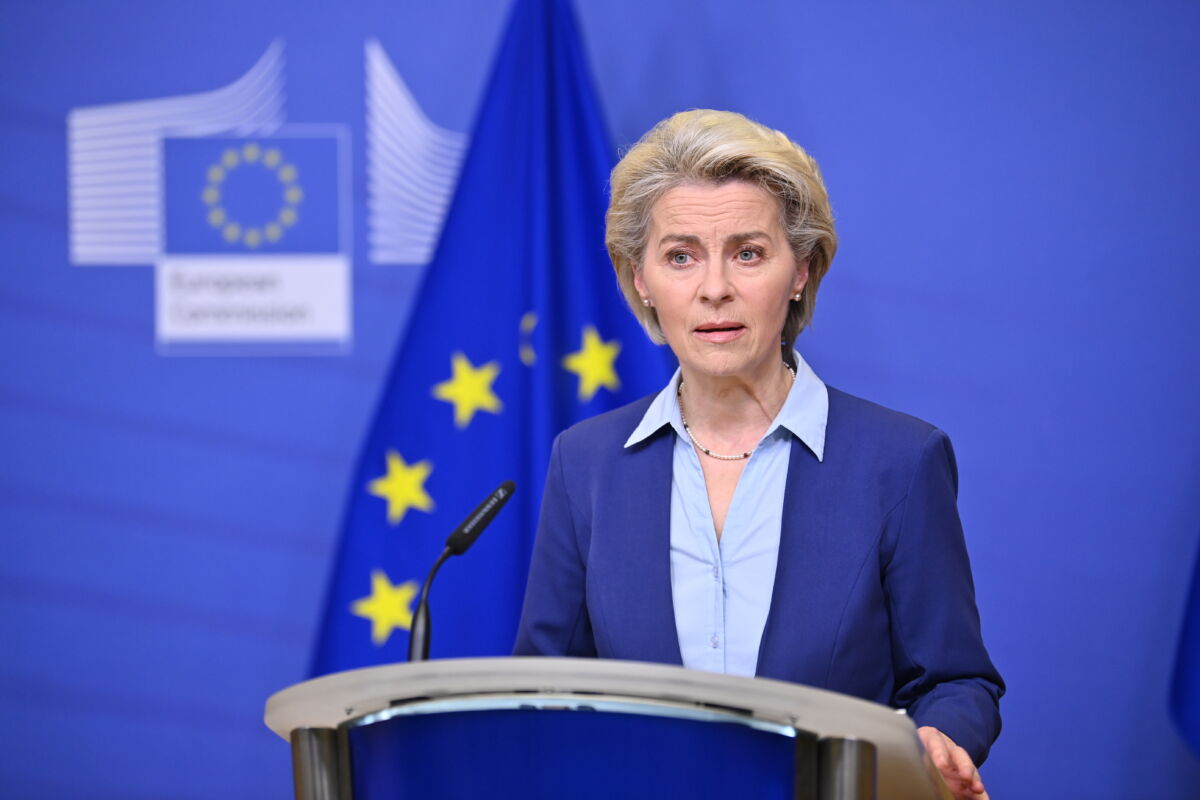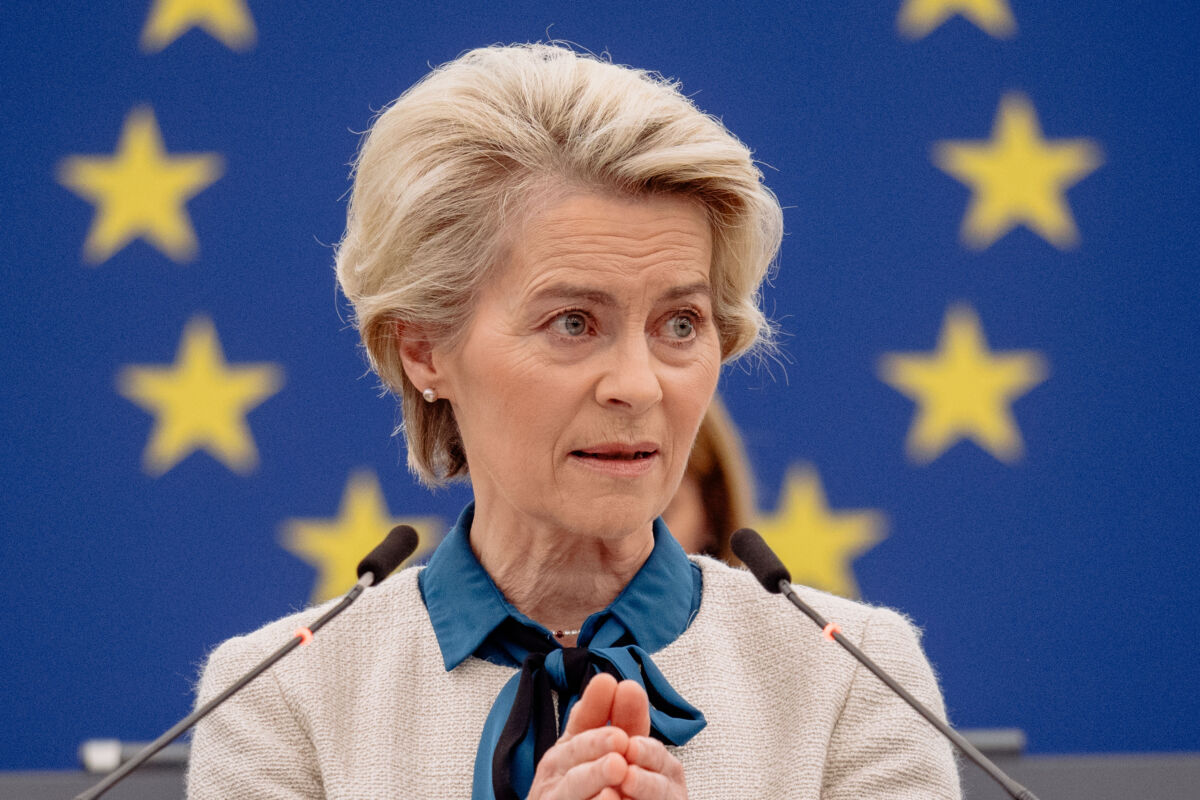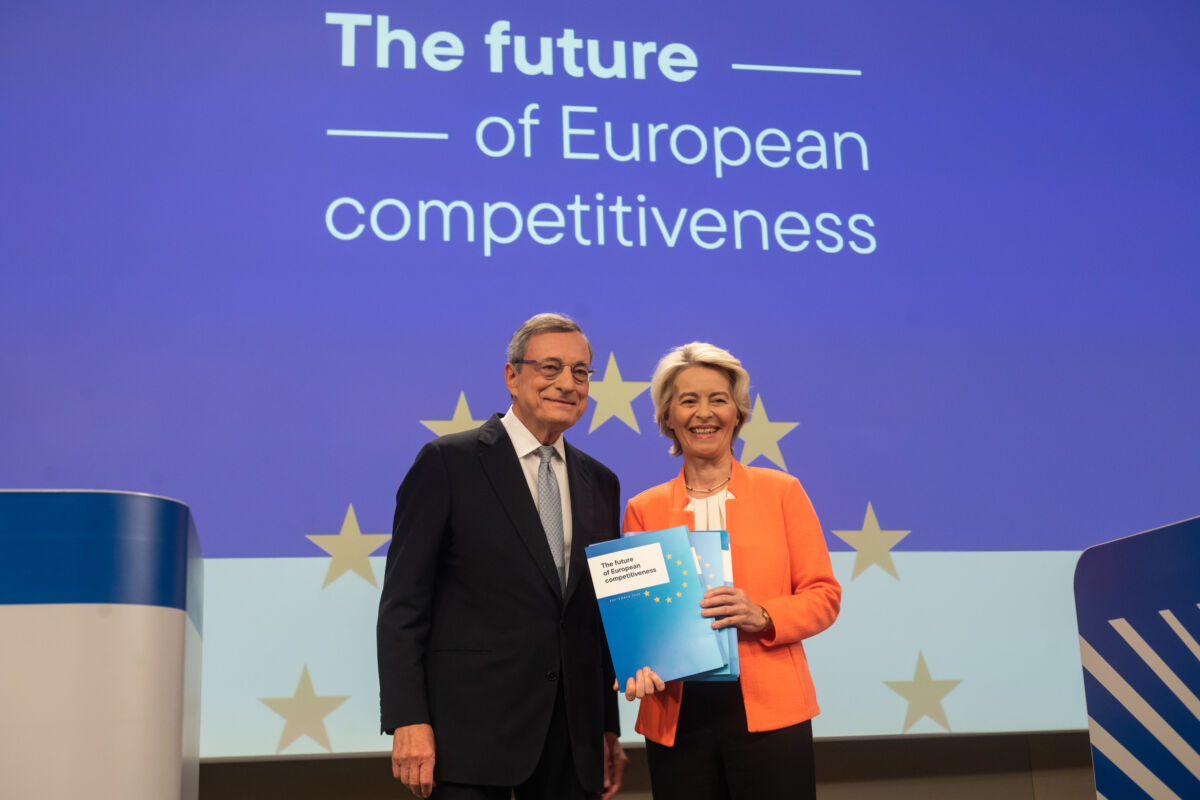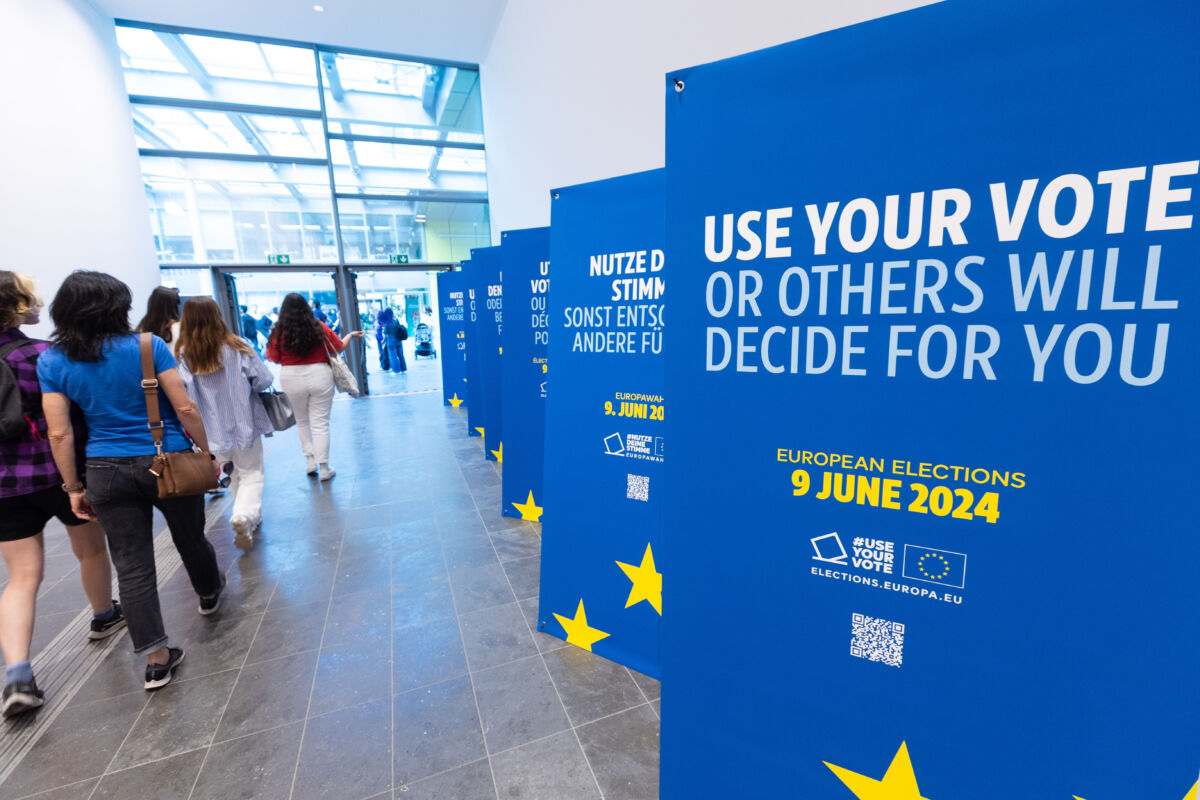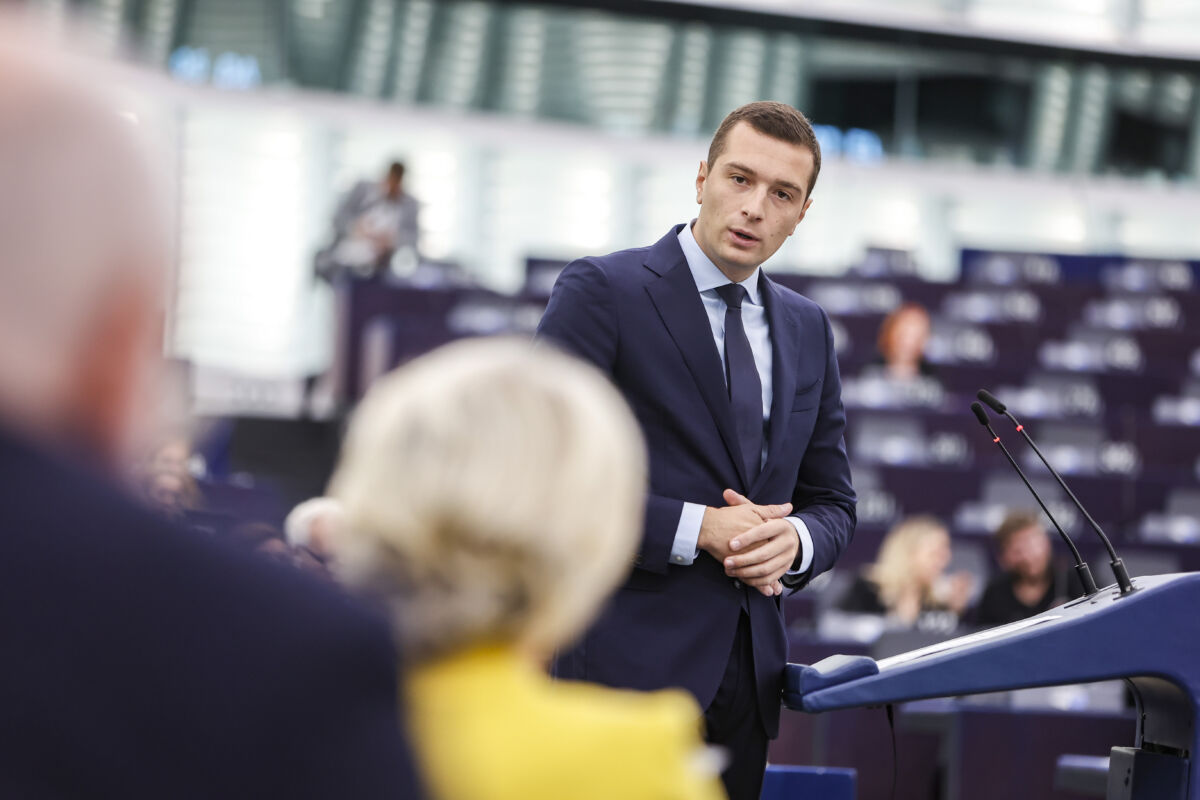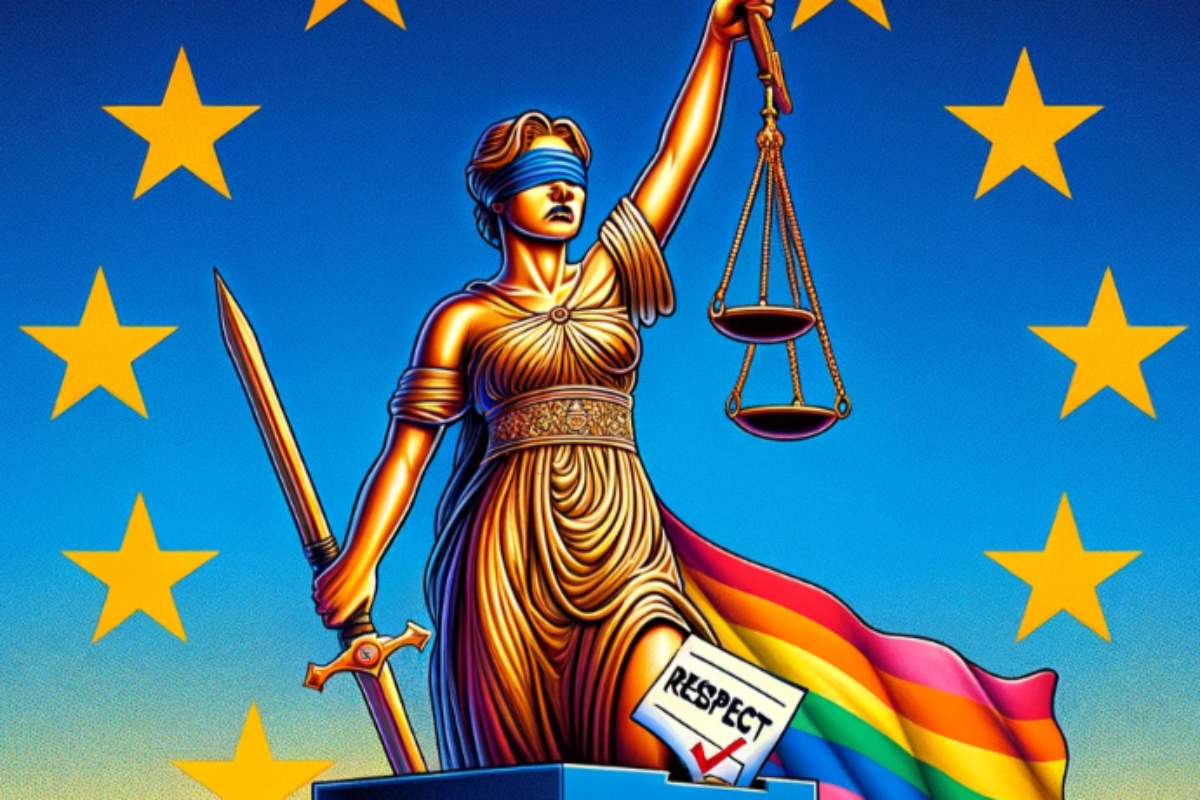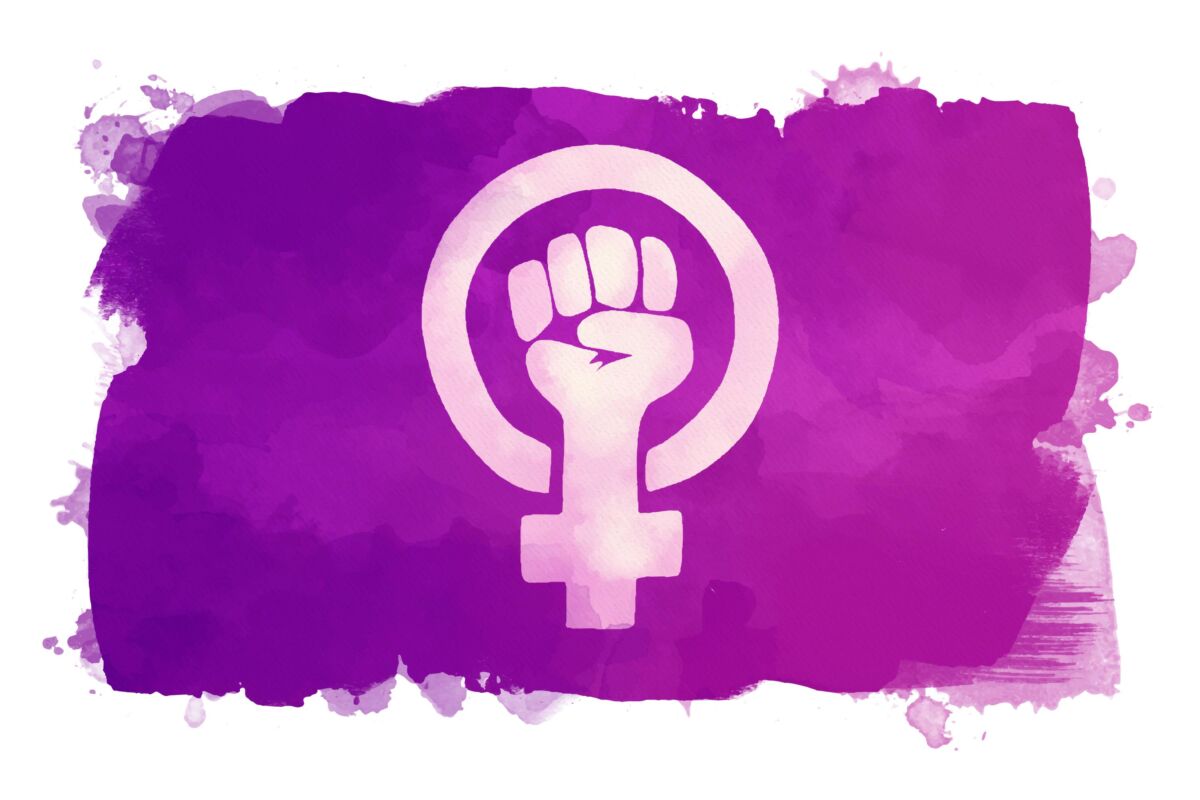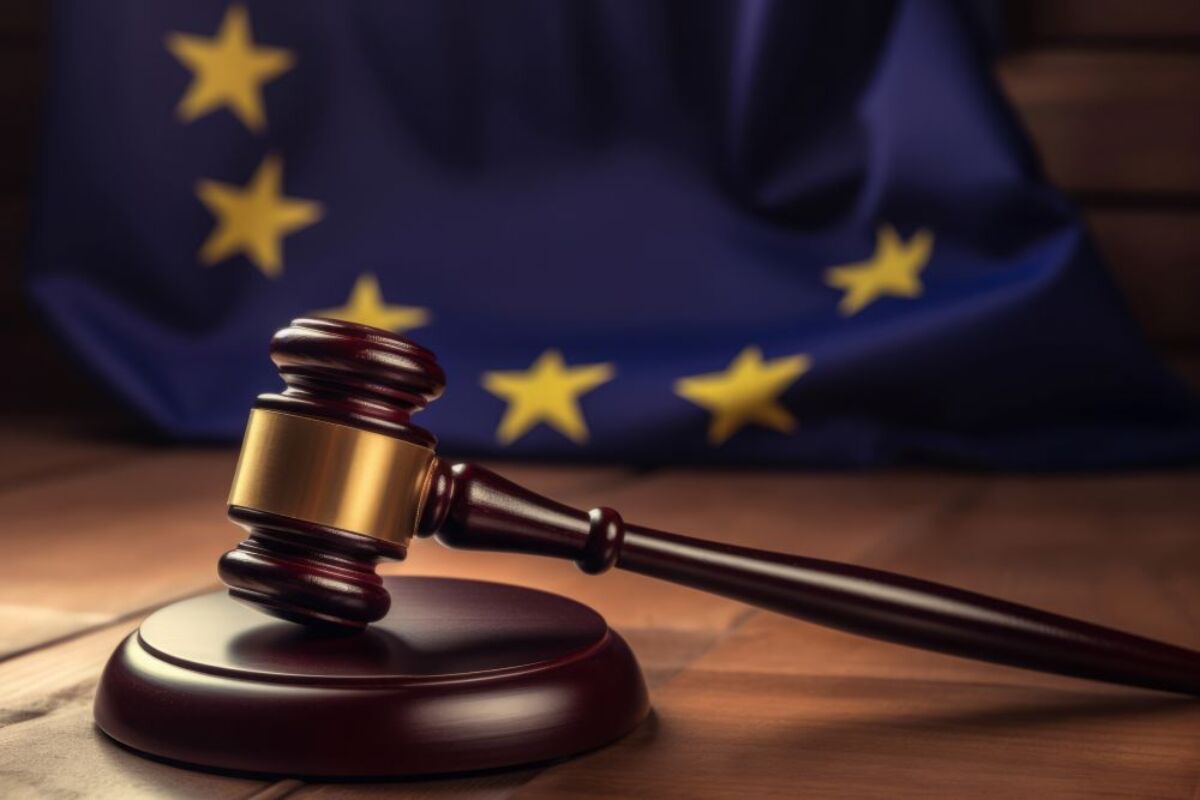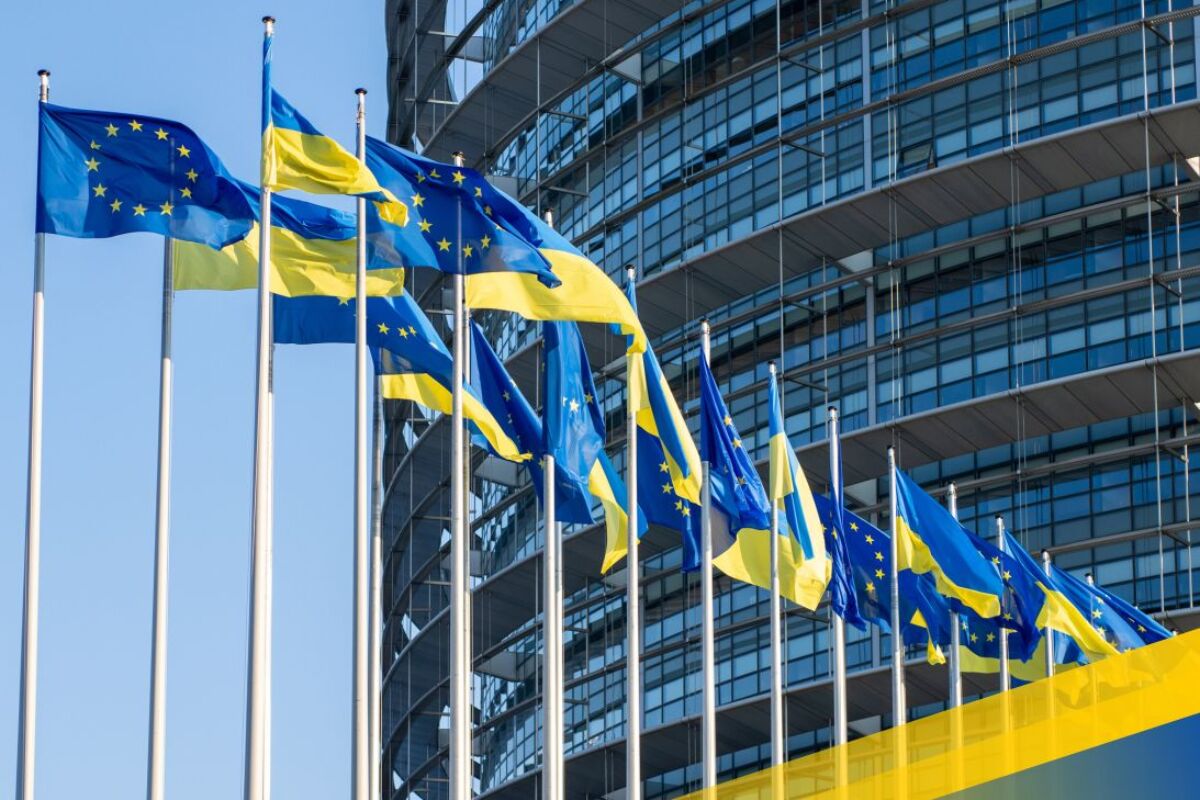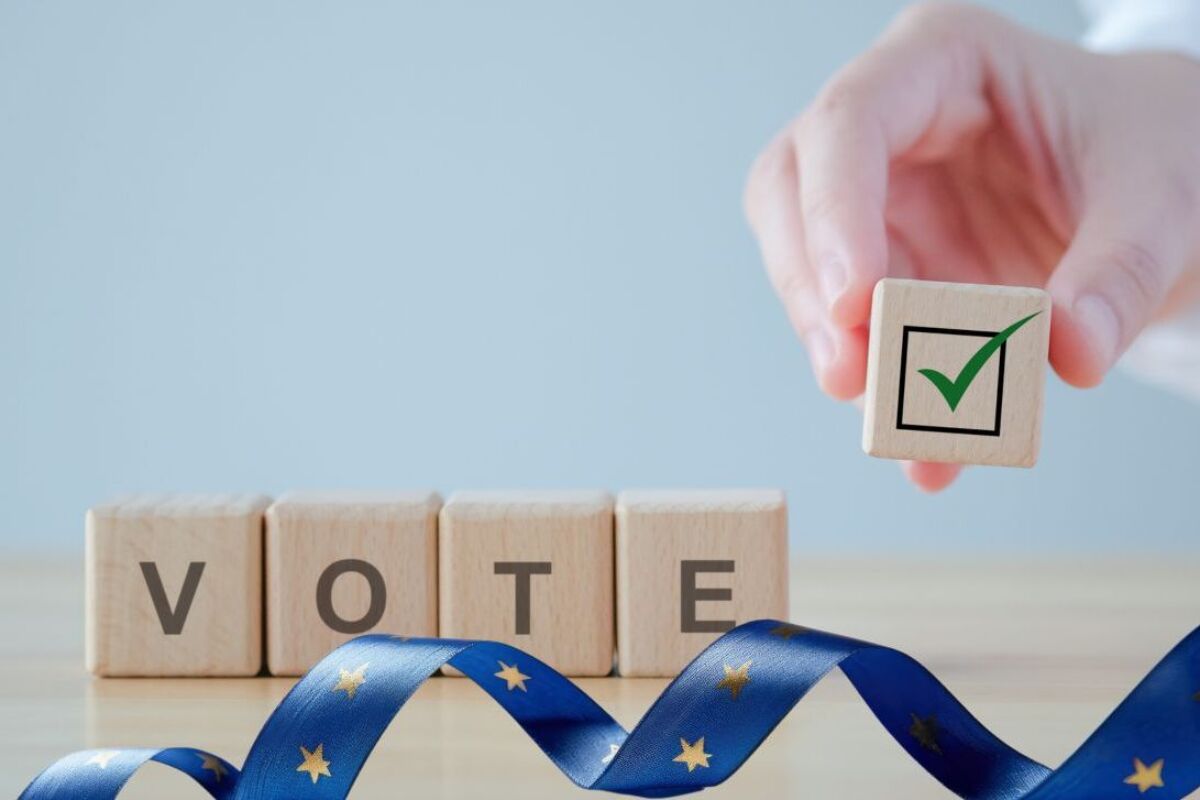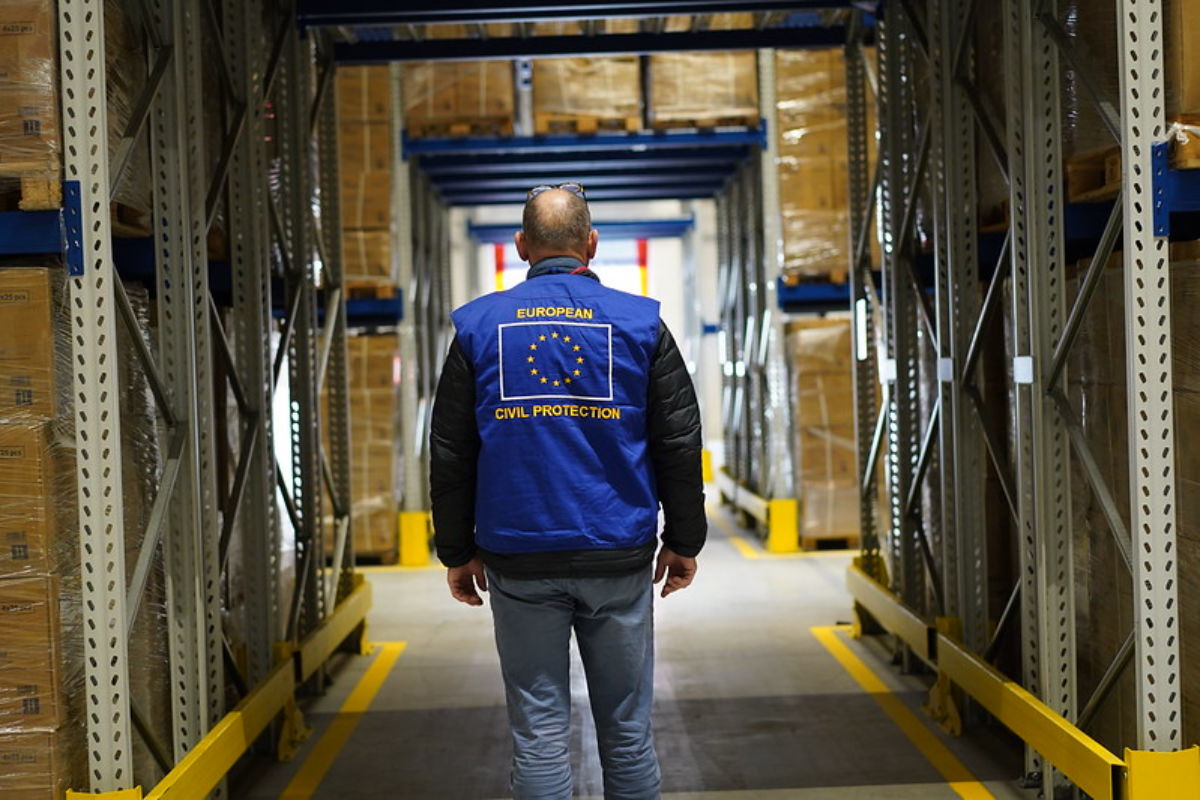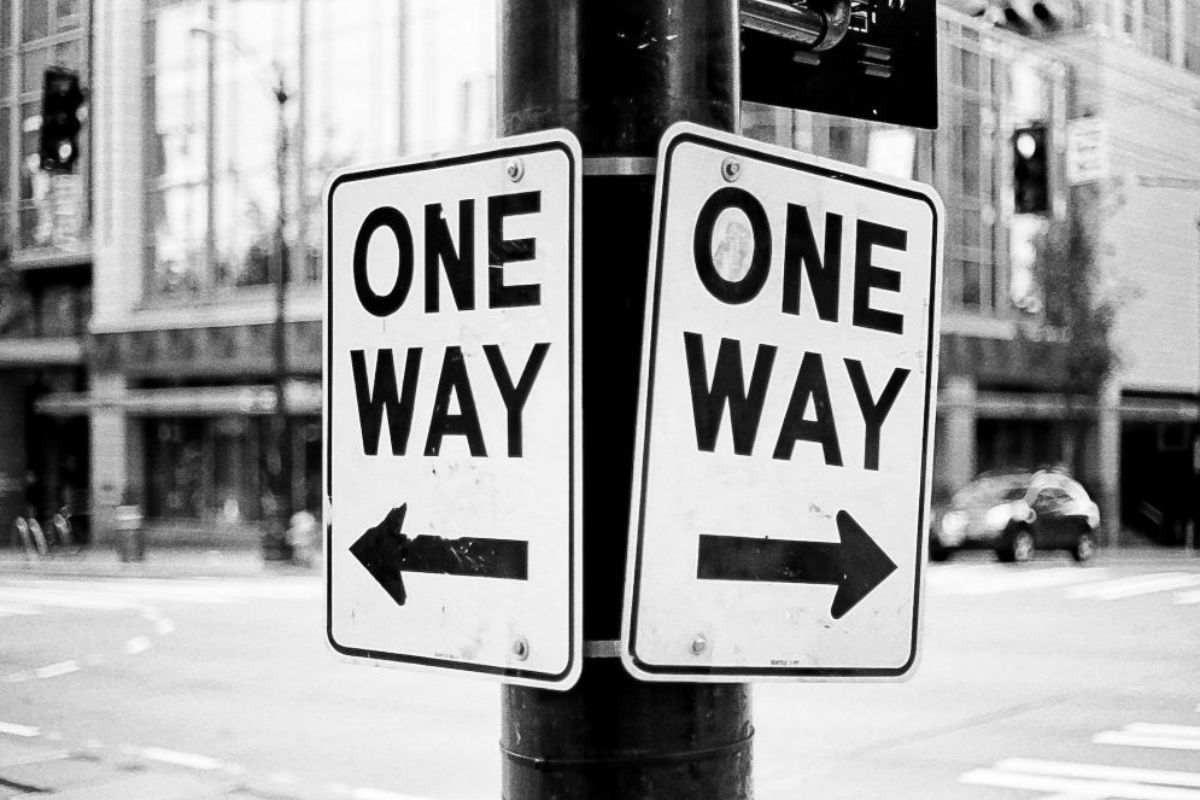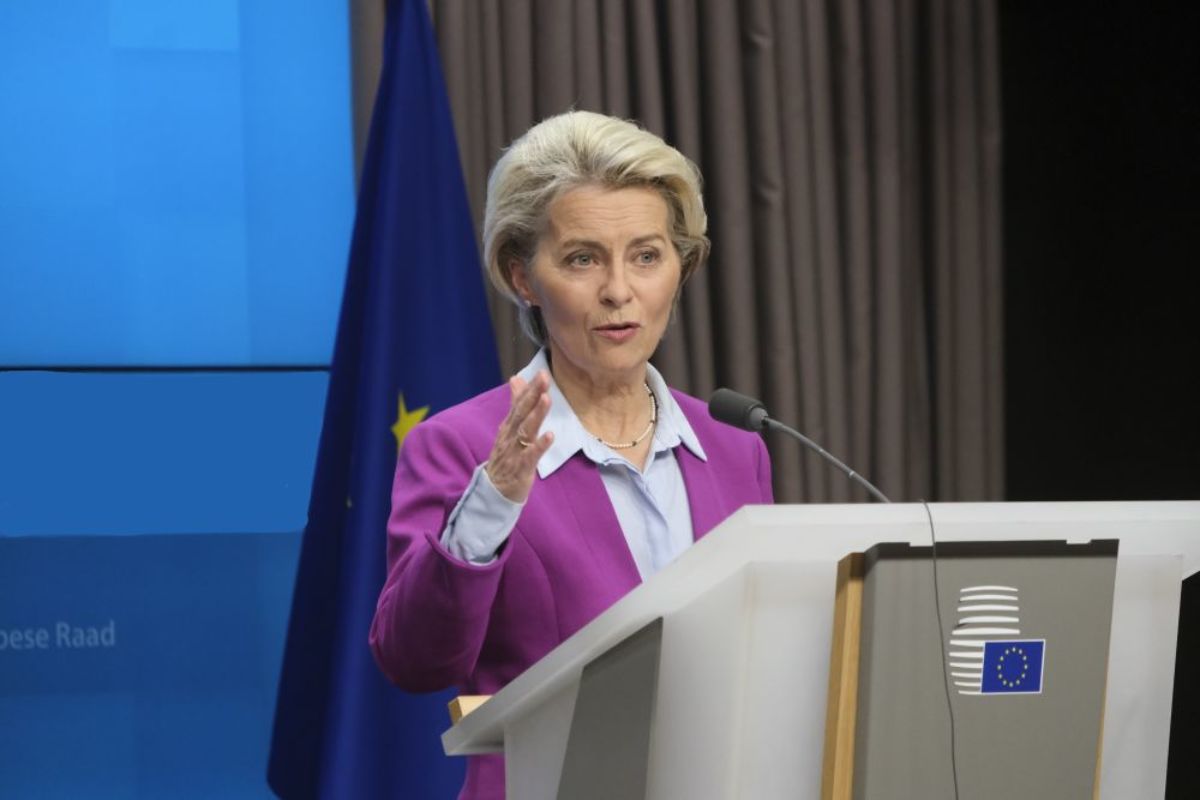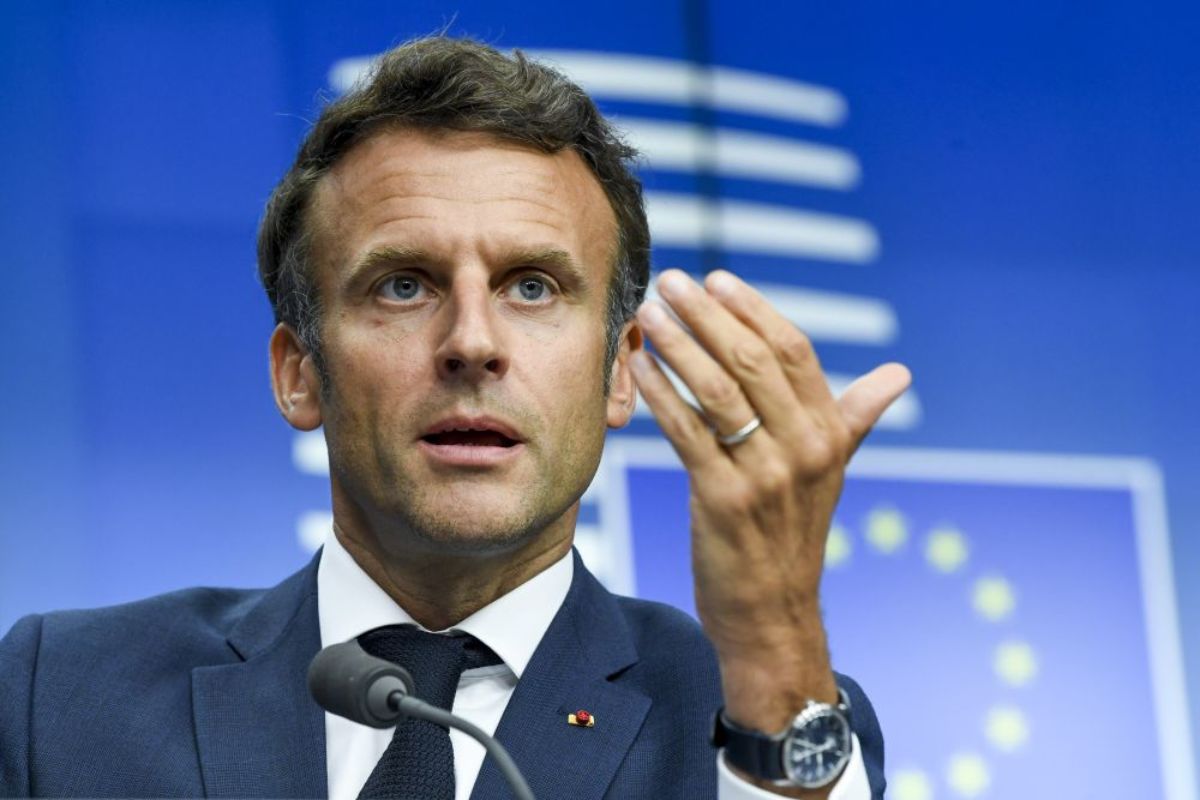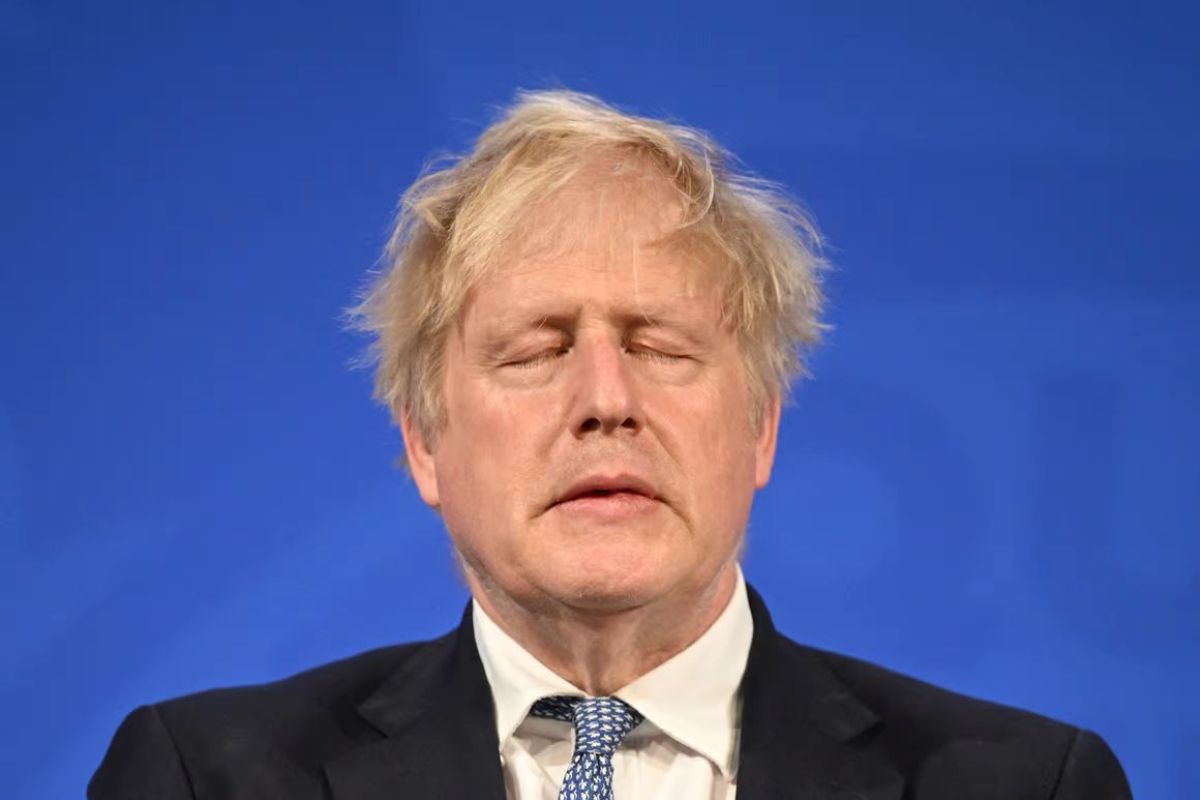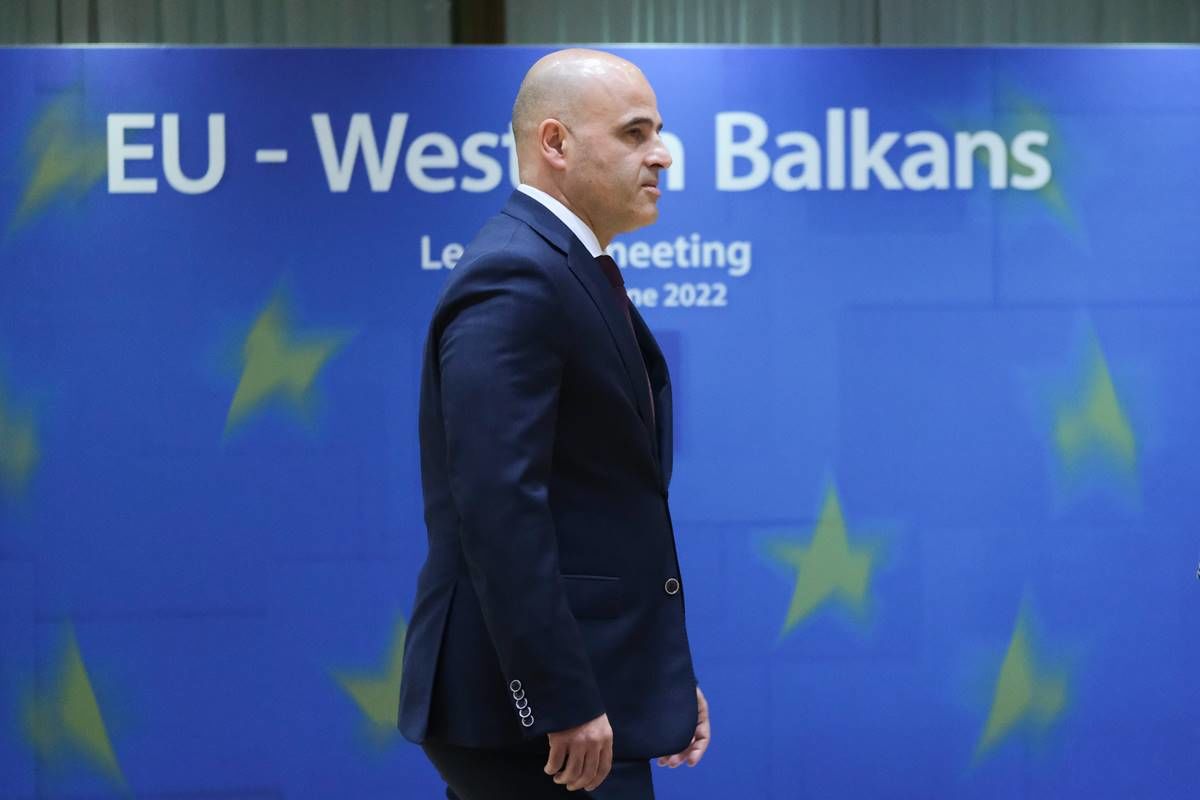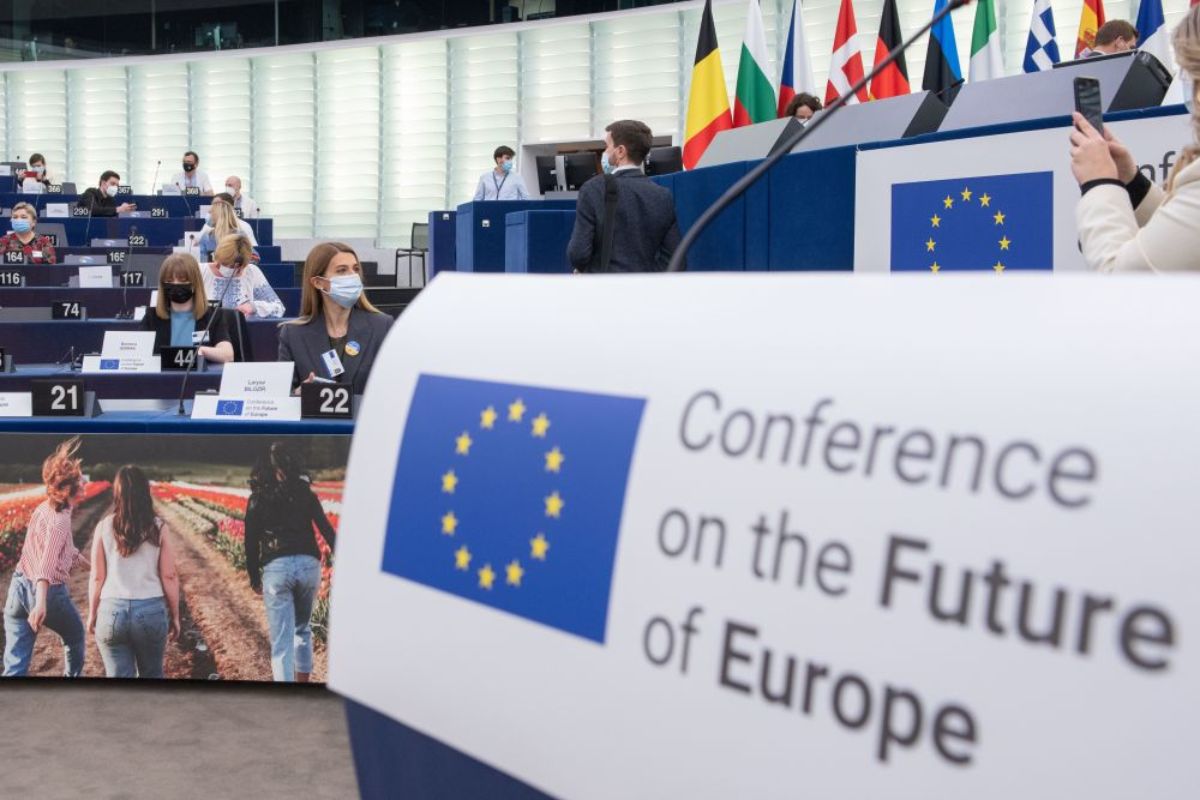Anyone know a good dentist? ‘It’s toothless’.
The European Commission’s proposal for an inter-institutional ethics body needs a dentist. This late-stage delivery from the 2019 Political Guidelines garnered criticism for seeking to deliver ‘transparency and integrity’ through a merely advisory function, without the powers to investigate and sanction members of the EU institutions.
Amid ‘Qatargate’, the Commission’s diminishing role in enforcing EU law and Treaty values, or allegations against individuals, it’s unsurprising that citizens have identified growing institutional distrust as a major threat to democracy.
While there is a growing appetite for increased scrutiny of EU lawmakers, this plan is essentially the political equivalent of a plaster on a gunshot wound.
Perhaps it’s time for the EU to not only push Member States to enforce the rule of law and democracy but to do so on its own turf. Specifically, this means looking inward and examining how the EU institutions can live up to the standards set by Article 2 TEU and their Treaty obligations to enforce them.
And a revamped ethical oversight framework – preferably with a full set of teeth – would go a long way towards achieving this.
Do as I say, not as I do
According to the Venice Commission, the rule of law has five core elements, which include transparent, accountable and democratic decision-making alongside the prevention of the abuse of power and arbitrariness. Logically, people then have the right not only to participate in but also to scrutinise the decision-making process and hold those institutions accountable.
A rule of law-driven understanding of ‘ethics’ calls for an effective framework guaranteeing independent oversight to ensure that European public administrators are held to the highest integrity and accountability standards. At EU level, that means preventing undemocratic, untransparent conduct and policymaking that goes against the rules and values in the EU’s Treaties.
On paper, this should be straightforward if there’s political will. There’s the Commission, the ‘Guardian of the Treaties’, responsible for overseeing and enforcing Treaty values and for safeguarding the ‘European interest’. The Commission actually names transparency and ethical behaviour as two of its guiding principles. Then there’s the European Parliament, whose members are directly elected to ‘represent the people’s interests’ in the law-making process.
Except, what’s in the general interest of ‘the many’ is often considered undesirable by ‘the few’ with specific party-political interests or deep pockets willing to spend millions to sway EU decision-makers into watering down policies that benefit popular interests. Without strong and enforceable rule of law standards within the EU institutions, corporate lobbying, corruption, and conflicts of interest will cause power to shift away from ‘the people’ and towards influential minority players. What it comes down to is an age-old question – can we blindly trust the members of these institutions to serve the European people and not their own self-interests and national political party alliances?
Just like its Member States, the EU institutions must adhere to these ‘common values’. But if the EU fails to lead by example, can we really expect Member States to follow suit?
A rule of law-approach to ethics
The Commission’s proposal makes it clear that it’s taking ‘action on the rule of law’, emphasising that ‘ethics is a cornerstone of the way the EU works’ and that democracy requires a ‘climate of trust and confidence between the people and the institutions that serve them’ to thrive.
Clearly, the undeniable connection between the rule of law, democracy, fundamental rights and the existence of a strong accountability and enforcement framework is not lost on the powers that be. However, as it stands, this proposal is not nearly enough to foster ethics, transparency and integrity beyond reproach.
Here, there should be a thorough makeover – instead of an ‘ethics body’, there should be an ‘ethical oversight authority’ with real bite. Independent from the Commission, it should be part of a streamlined, centralised ethical supervision system to ensure that the European institutions work for the people. It would not only enforce EU Treaty values but would operate in full alignment with them.
The current inextricable web of EU institutional actors tackling ‘ethical oversight’ under individual rules and mandates needs to go. Each institution has different ‘ethical frameworks’ in place. These differing standards and diverging approaches have resulted in a fragmented and uneven intra-institutional oversight regime.
That’s why the Commission’s new ethics body wouldn’t have any real added value. It could even make things more complicated. Instead of further fragmentation, a uniform and structurally independent mechanism for coordination, monitoring and sanctioning should be put in place.
The new authority should devise a binding ethics code applicable to members of all EU institutions, i.e. any individual with decision-making powers – Commissioners, MEPs, judges, and auditors alike. It should include clear measures requiring mandatory cooling-off periods, the public and comprehensive disclosure of all meetings with representatives of corporations and third-country entities, all gifts and donations, any conflicts of interest, as well as meetings and relationships with external political stakeholders.
The authority would monitor adherence and be empowered to refer any potential violation to the European Ombudsman, which should remain responsible for conducting investigations. Following an inquiry, the Ombudsman would make recommendations and refer the case back to the authority, which could then decide on administrative sanctions. If a violation is found to be possibly criminal, the EPPO should prosecute.
Citizens and civil society should also be able to request an official inquiry if they believe certain members have failed to observe the ethics code. For transparency, but within a reasonable data protection framework, the evidence, results, and any sanctions should be published in a broadly accessible manner.
Creating new account(ability)
Without committing to accountability and the internal enforcement of EU Treaty values, ‘promoting trust’ in democracy and the institutions is a futile effort. In this supersized election year, the EU must – beyond mere lip service – stand up for ‘our values’ by keeping itself accountable and leading by example to the Member States.
As the self-appointed protector of the rule of law, the EU ought to recognise that beyond national failures, its own over-complicated and ineffective internal structures have contributed to backsliding and the weakening of democratic legitimacy. A streamlined ethical oversight regime should be just the beginning of a much-needed shift towards a community-oriented approach in enforcing EU values.
Because otherwise, without commitment to structural change, our oft-repeated Article 2 values will remain just that – all talk and no action.
To mark International Women’s Day on Friday 8 March, this commentary is the first of a week-long series to highlight the insights and expertise of some of our talented female researchers. Keep a lookout over the coming days for the next commentaries in the series!



